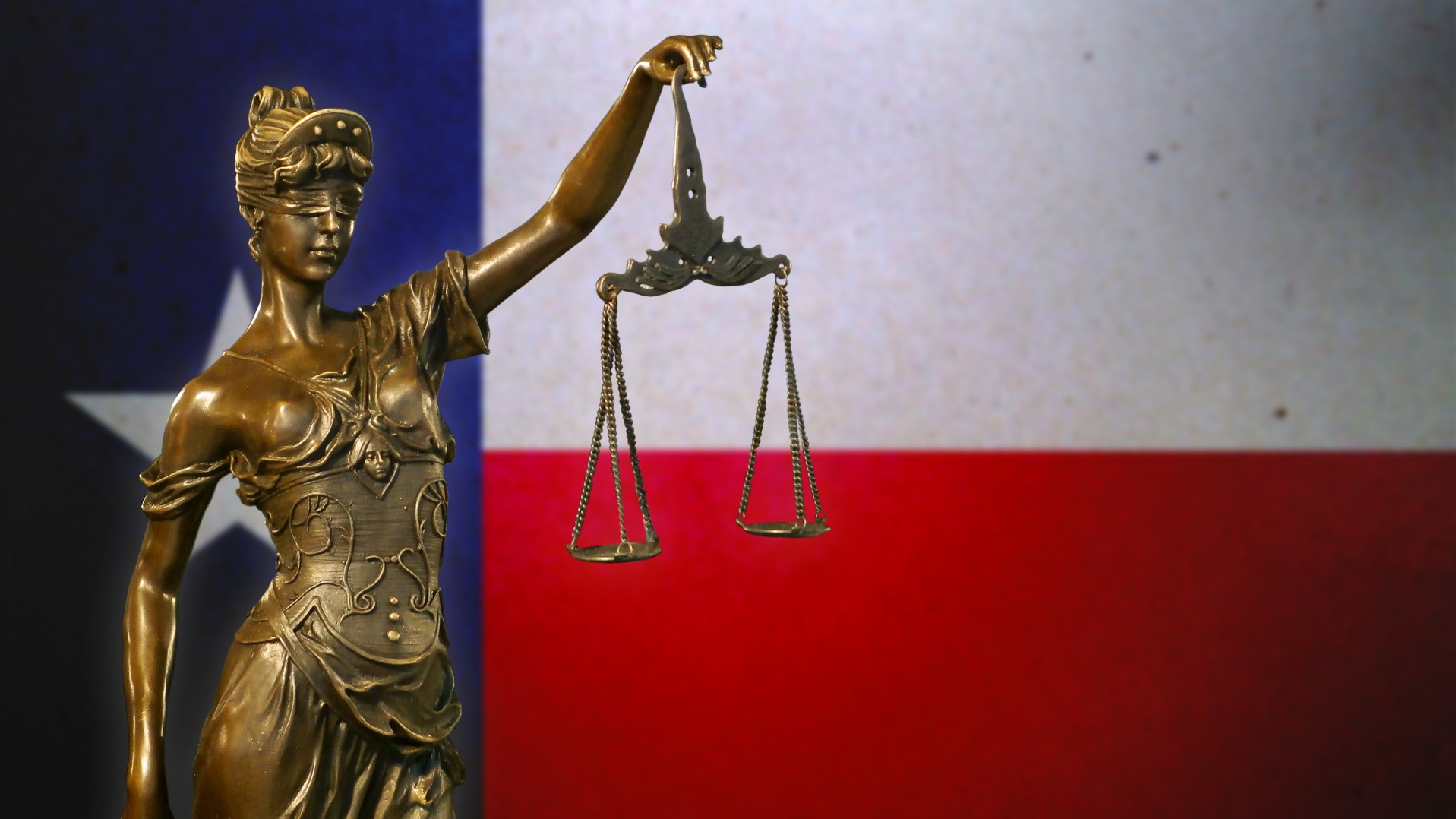Alabama executes inmate Ronald Smith Jr. after split Supreme Court refuses stay


Late Thursday night, Alabama executed Ronald Bert Smith Jr., 45, for the 1994 fatal shooting of Casey Wilson, a store clerk in Huntsville who was pistol-whipped before being shot. Smith was pronounced dead at 11:05 p.m., about half an hour after prison officials began the three-drug cocktail to end his life. He coughed, heaved, and clenched his fists for the first 13 minutes of the execution, and the prison officials injected the final two lethal drugs after two indeterminate consciousness checks to make sure he was sedated. The Alabama prison commissioner said he did not see any movement after the second test, but according to The Associated Press, he raised his arm slightly in both tests.
Smith was sentenced to death by a judge despite the jury's 7-5 recommendation that he be given life without parole. Smith's case went all the way to the U.S. Supreme Court, which twice paused the execution. Finally, the high court split 4-4 on Thursday evening, with the four liberal justices voting for a stay of execution; five votes were needed. Alabama's death penalty system is the only one in the country that still allows a judge to override a jury.
A free daily email with the biggest news stories of the day – and the best features from TheWeek.com
The Week
Escape your echo chamber. Get the facts behind the news, plus analysis from multiple perspectives.

Sign up for The Week's Free Newsletters
From our morning news briefing to a weekly Good News Newsletter, get the best of The Week delivered directly to your inbox.
From our morning news briefing to a weekly Good News Newsletter, get the best of The Week delivered directly to your inbox.
Peter has worked as a news and culture writer and editor at The Week since the site's launch in 2008. He covers politics, world affairs, religion and cultural currents. His journalism career began as a copy editor at a financial newswire and has included editorial positions at The New York Times Magazine, Facts on File, and Oregon State University.
-
 ‘Consistency at the ballot box isn’t nearly as meaningful to many voters here’
‘Consistency at the ballot box isn’t nearly as meaningful to many voters here’Instant Opinion Opinion, comment and editorials of the day
-
 8 musicals to see this winter, all across the United States
8 musicals to see this winter, all across the United Statesthe week recommends New shows and reconsidered productions are on the move
-
 Rob Reiner, wife dead in ‘apparent homicide’
Rob Reiner, wife dead in ‘apparent homicide’speed read The Reiners, found in their Los Angeles home, ‘had injuries consistent with being stabbed’
-
 ABC News to pay $15M in Trump defamation suit
ABC News to pay $15M in Trump defamation suitSpeed Read The lawsuit stemmed from George Stephanopoulos' on-air assertion that Trump was found liable for raping writer E. Jean Carroll
-
 Judge blocks Louisiana 10 Commandments law
Judge blocks Louisiana 10 Commandments lawSpeed Read U.S. District Judge John deGravelles ruled that a law ordering schools to display the Ten Commandments in classrooms was unconstitutional
-
 Texas court allows execution in shaken baby syndrome case
Texas court allows execution in shaken baby syndrome caseUnder the radar The state could be the first to carry out the death penalty for someone convicted due to the diagnosis, despite its controversial applicability
-
 ATF finalizes rule to close 'gun show loophole'
ATF finalizes rule to close 'gun show loophole'Speed Read Biden moves to expand background checks for gun buyers
-
 Hong Kong passes tough new security law
Hong Kong passes tough new security lawSpeed Read It will allow the government to further suppress all forms of dissent
-
 France enshrines abortion rights in constitution
France enshrines abortion rights in constitutionspeed read It became the first country to make abortion a constitutional right
-
 Texas executes man despite contested evidence
Texas executes man despite contested evidenceSpeed Read Texas rejected calls for a rehearing of Ivan Cantu's case amid recanted testimony and allegations of suppressed exculpatory evidence
-
 Supreme Court wary of state social media regulations
Supreme Court wary of state social media regulationsSpeed Read A majority of justices appeared skeptical that Texas and Florida were lawfully protecting the free speech rights of users
